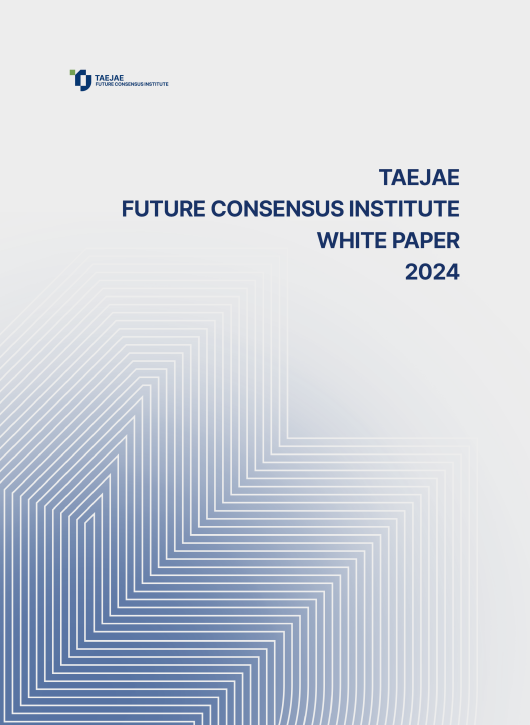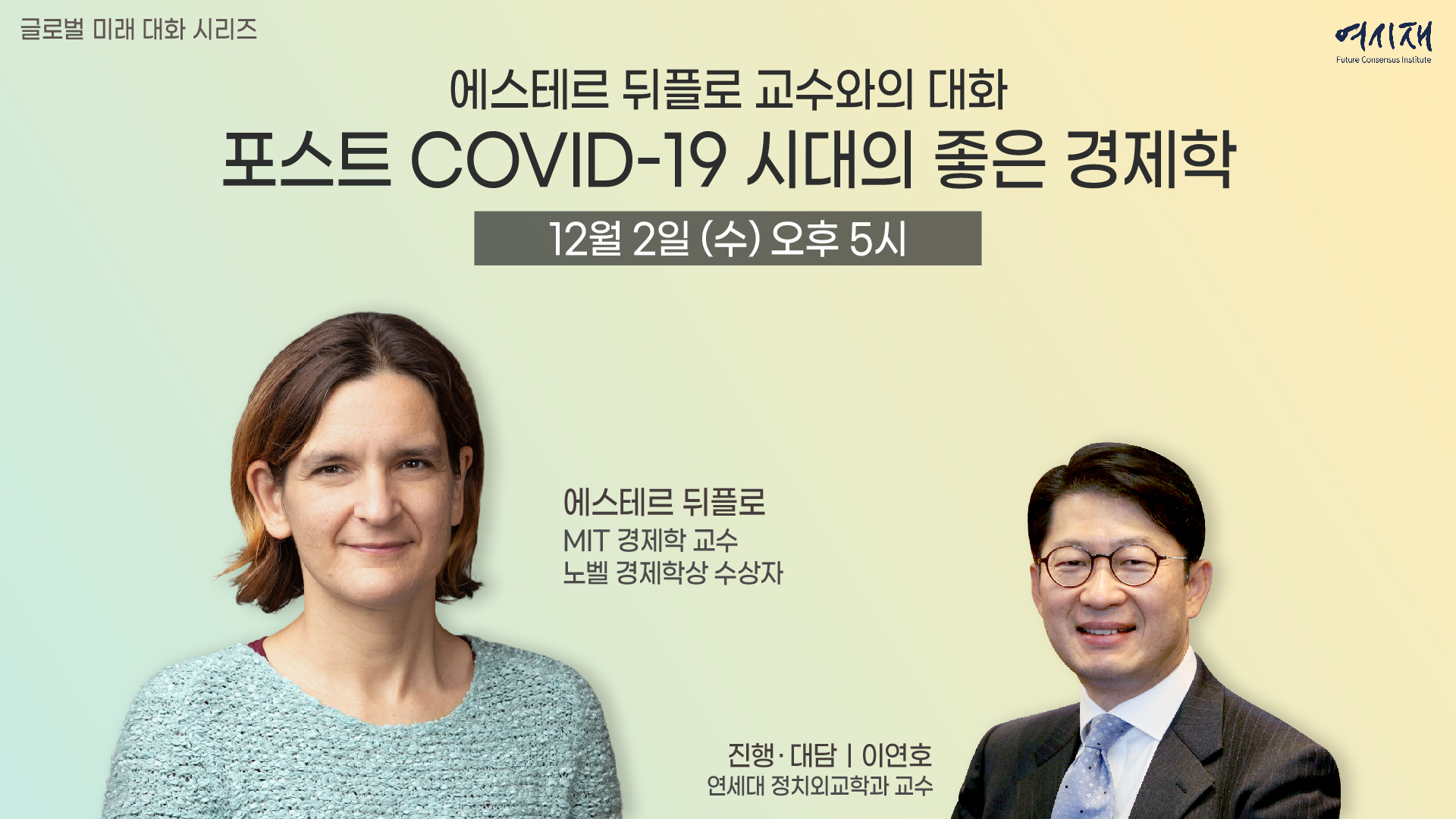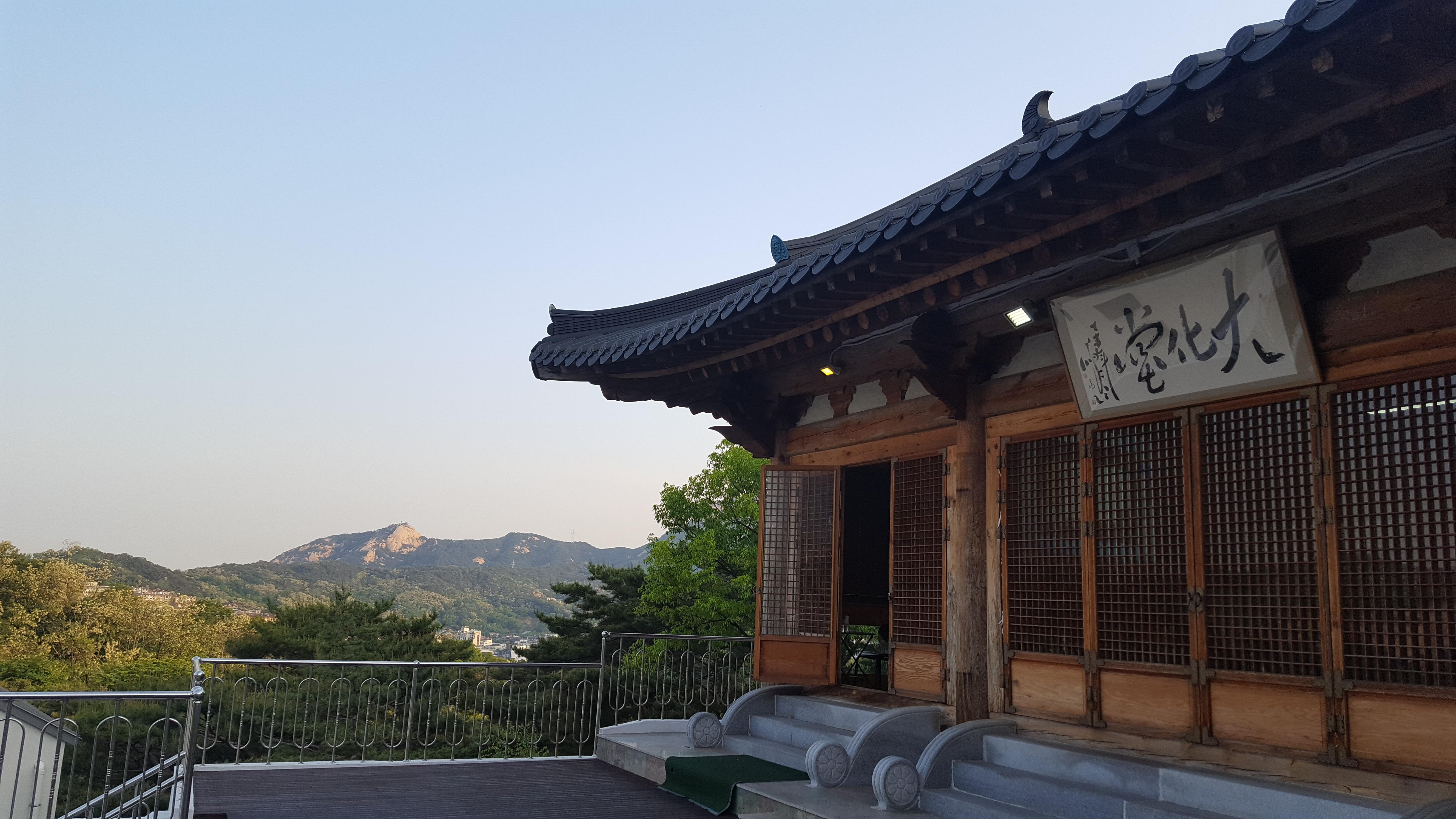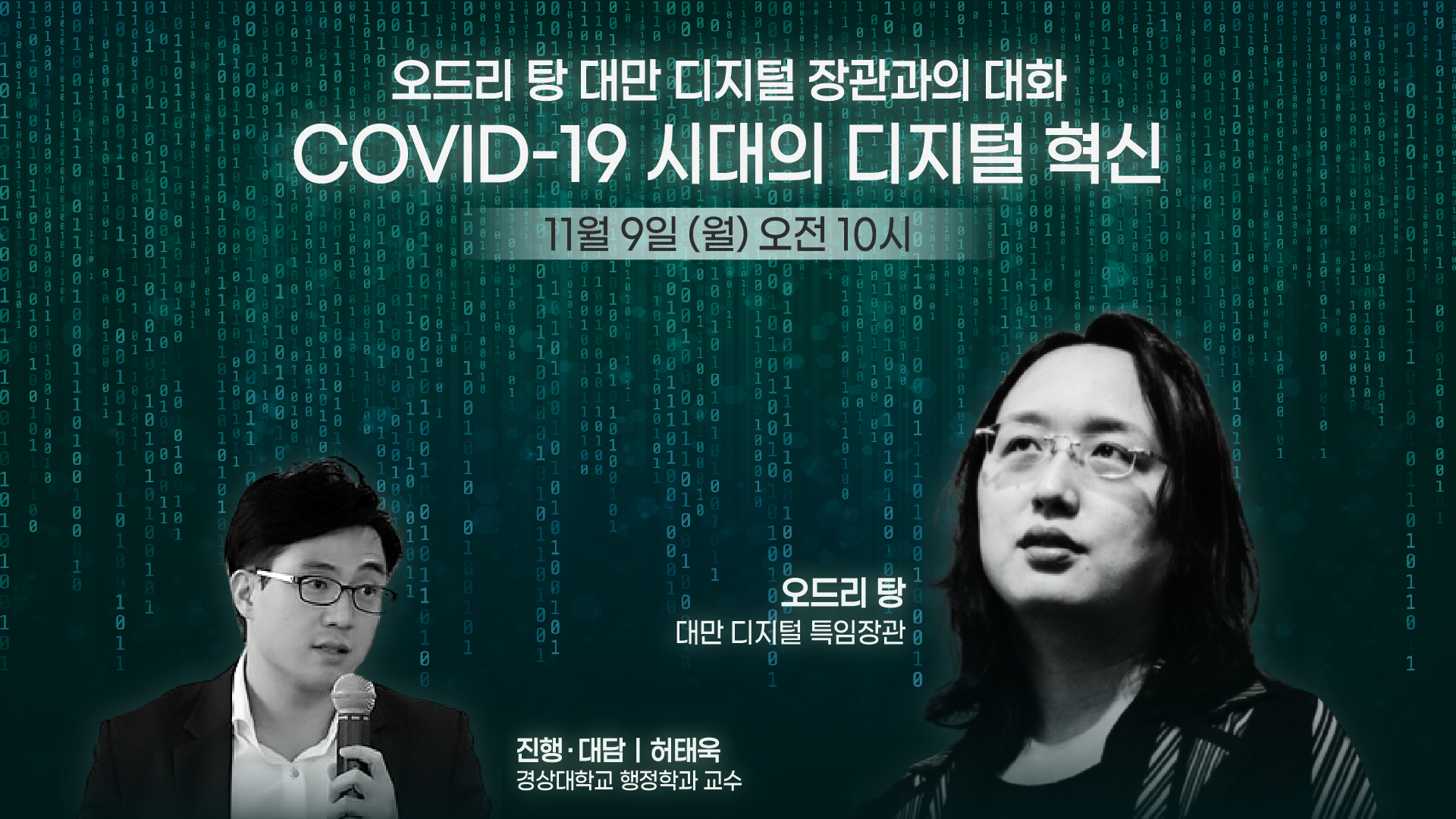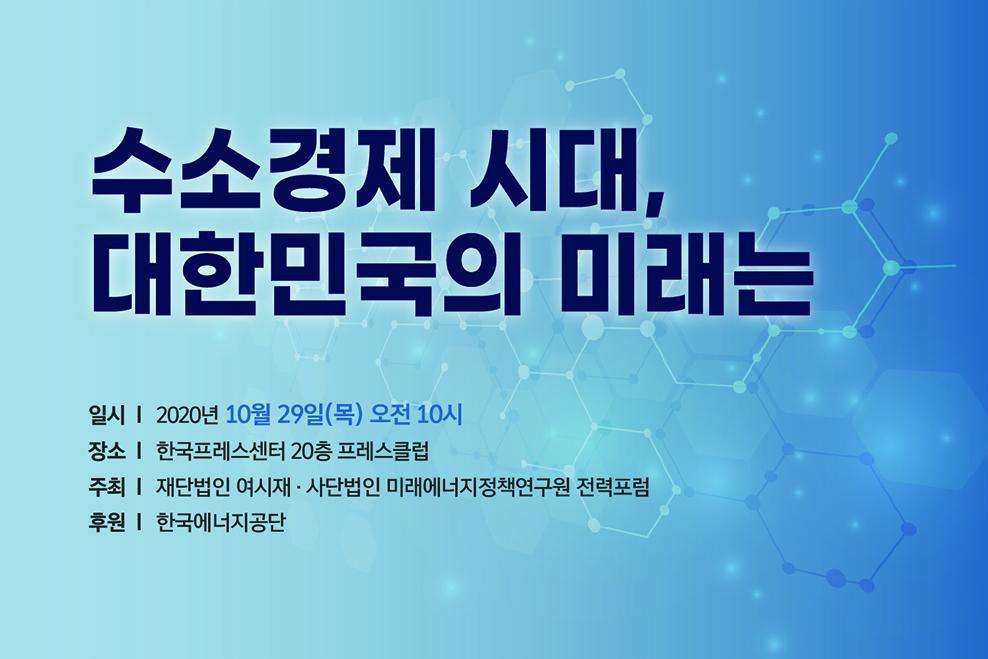Please join Yeosijae as we build a brighter future for Korea. Create your account to participate various events organized by Yeosijae.
[ISSUE REPORT] 2019 FUTURE CONSENSUS DIALOGUE
Project: 2019 FUTURE CONSENSUS DIALOGUE
Document Type: Final Report
Title: Sustainable Prosperity and Future of Korea-US-Japan Cooperation
Writer: Se-Hee Hwang
|
Yeosijae (Future Consensus Institute) hosted an international conference titled “2019 Future Consensus Dialogue: Sustainable Prosperity and Future of Korea-US-Japan Cooperation” in Tokyo, Japan from July 31 to August 1, 2019. The conference, co-sponsored by the Society of Security and Diplomatic Policy Studies (SSDP) and the Renewable Energy Institute (REI), brought together a group of participants to add greater depth to Yeosijae’s “Butterfly Project” which aims to create a framework of cooperation for economic development in Northeast Asia. As a result of the discussions, participants came to agree that mutual understanding must be promoted through ongoing dialogue to resolve the conflicts between Korea and Japan. Moreover, they understood that several policy issues must be addressed to enhance regional cooperation in Northeast Asia. |
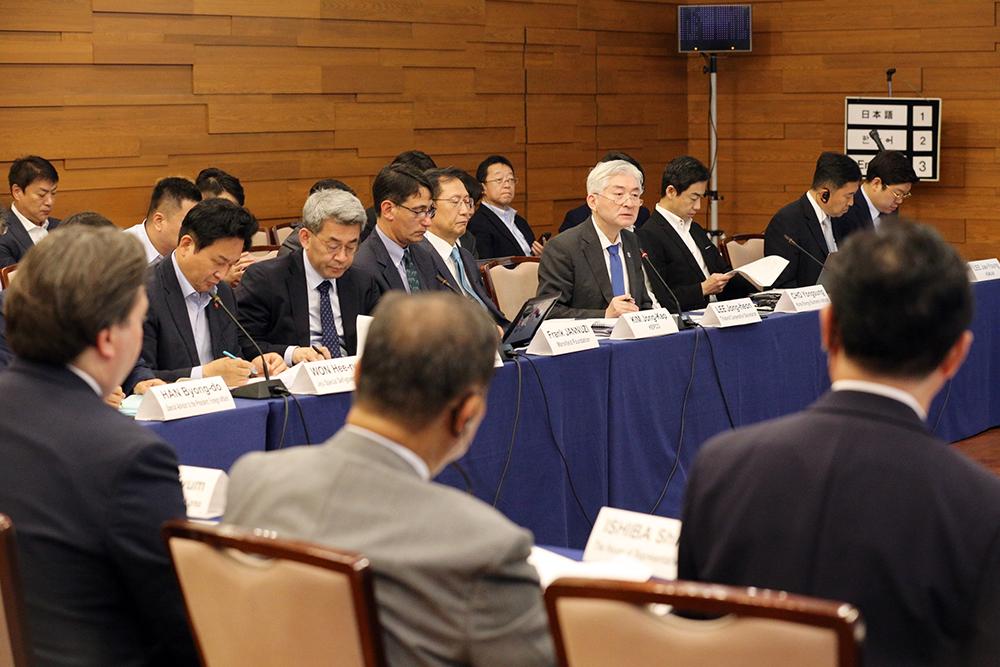
Executive Summary
1. We need a free economic order, the bold courage to yield to others for the sake of greater values, and continued dialogue and communication.
• We must seek to promote mutual understanding, conflict resolution, and concrete forms of cooperation through continued dialogue and separate negotiations on each issue.
2. Northeast Asia is becoming the missing link when it comes to cooperation, and it is imperative that we give shape to such cooperation through the Butterfly Project, a blueprint for Northeast Asian cooperation that has been put forward by the Future Consensus Institute.
• In addition to the challenges that will be brought to the region via the opening of the North Pole Passage, which is made possible by global warming, there are many other issues that require a joint response from South Korea and Japan, including technological cooperation brought about by the Fourth Industrial Revolution, explosive growth in demand for electricity, the growing gap between the capital and rural areas, and the rapid pace of population aging and shrinking.
3. Conflict in South Korea-Japan relations needs to be resolved through reference to global standards.
• We need to resolve conflict through global standards that can be used not only in South Korea-Japan relations, but by the whole international community.
• A system needs to be put in place where bilateral agreements remain sustainable irrespective of changes in government.
4. The international power grid in Asia proposed by the Renewable Energy Institute has the potential to enable cooperation in Northeast Asia. This could be a concrete measure for responding to the climate change that threatens humanity.
• China, South Korea and Japan will have a great impact on the future of climate change since the three countries account for more than 70% of electricity use in Asia. The three countries need to come up with a model for cooperation by building an interconnected power grid that is economical and capable of responding to climate change.
• The economic and technical feasibility of the ASG, a proposal for an international power grid in Northeast Asia, has already been proven. Policy decisions are the last major hurdle to making the ASG a reality, and such policies will naturally involve restructuring the electricity industry and building new links.
• We could seek a deeper level of energy cooperation through Japanese participation in the Greater Tumen Initiative (GTI).
• Through multilateral cooperation that involves the US, we need to come up with proposals for the safe transport of electricity generated in Mongolia, the issue of using power cables that pass through Russia, a country subject to economic sanctions, and encouraging North Korea to participate in the ASG after achieving denuclearization.
• A joint research fund with participation from Northeast Asian countries and the private sector should be formed in order to make ASG come to fruition.
5. We need to seek a framework for multilateral cooperation that is capable of leading development cooperation in Northeast Asia.
• Taking into account the political and economic circumstances in Northeast Asia and countries in the northern region, the main targets for development, we should examine how to create shared value through multilateral cooperation, as well as the process of cooperation itself.
• A Northeast Asian development bank is necessary for engaging in meaningful development cooperation in the west coast of Japan, which will serve as a gateway that links the two Koreas, Japan, China, the Russian Far East, and the North Pole Passage.
6. Cooperative plans must be mindful of the new variables presented by the digital economy.
• Jointly creating rules on data distribution or establishing joint data centers between South Korea and Japan could serve as useful models.
• A Northeast Asian cryptocurrency exchange should be established in partnership between the US, Japan and South Korea, the top three countries worldwide in terms of cryptocurrencies (crypto assets).
• Cooperation between financial authorities in South Korea and Japan is also necessary to enable the free movement of virtual assets and investment in such assets between countries.
• The two countries should engage in joint research to standardize blockchain technology.
< Copyright holder © TAEJAE FUTURE CONSENSUS INSTITUTE, Not available for redistribution >

